Polishing compounds generally use finer abrasive micro-powders (such as white fused alumina, brown fused alumina, black silicon carbide, green silicon carbide) as raw materials, which are further processed into polishing paste, polishing wax, and polishing liquid for convenient use in the polishing process. White fused alumina and green silicon carbide are important polishing materials because they come in a complete range of models with concentrated particle size distribution.
Abrasives suitable for making polishing products should be resistant to acid and alkali corrosion, have high-temperature stability, strong grinding ability, high purity, few impurities, high hardness, fast processing speed, and good quality. They should also be white in color and not stain the workpiece. We recommend white fused alumina and green silicon carbide to our customers.
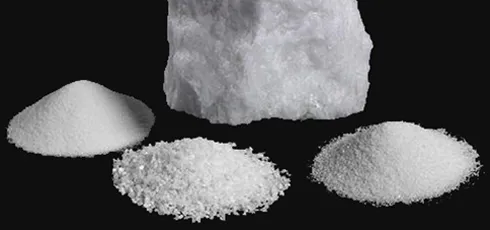
White fused alumina is produced from high-quality aluminum oxide powder, refined and crystallized through electric arc smelting.
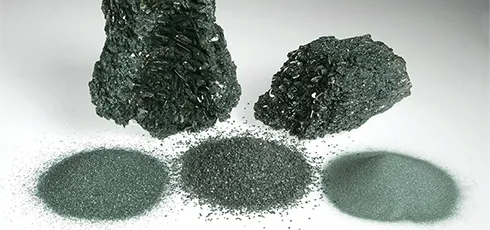
Green silicon carbide is made from petroleum coke and high-quality silica, with salt added as an additive, and refined in a high-temperature resistance furnace.
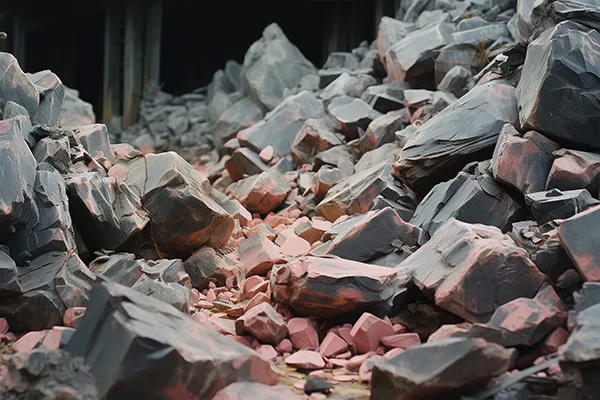
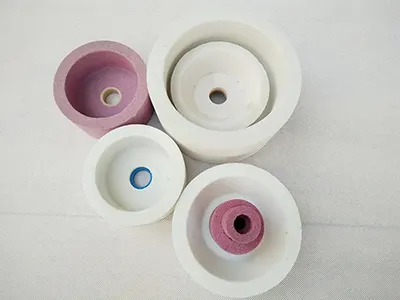
Using synthetic abrasives (white fused alumina, chrome corundum, black silicon carbide, green silicon carbide) as raw materials, various ceramic products such as ceramic crucibles and ceramic membranes are made by adding different binders and processing them at high temperatures.
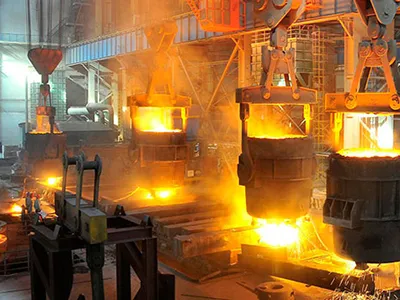
Metallurgy refers to the process and techniques of extracting metals or metal compounds from minerals and processing them into metal materials with specific properties through various methods.
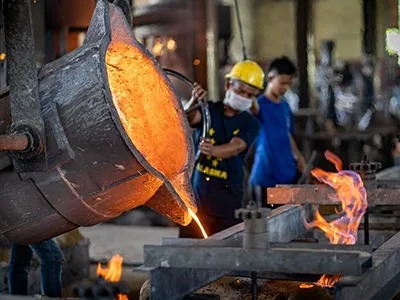
Investment casting involves melting solid metal into a liquid state and pouring it into a mold to form a specific shape, which then solidifies.
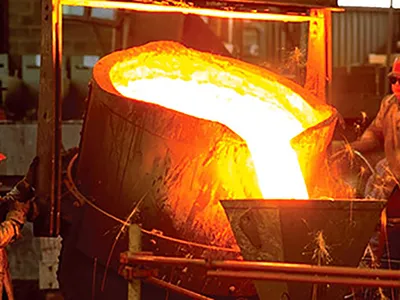
Refractory materials are inorganic, non-metallic materials that can withstand high temperatures and meet usage requirements in high-temperature environments.